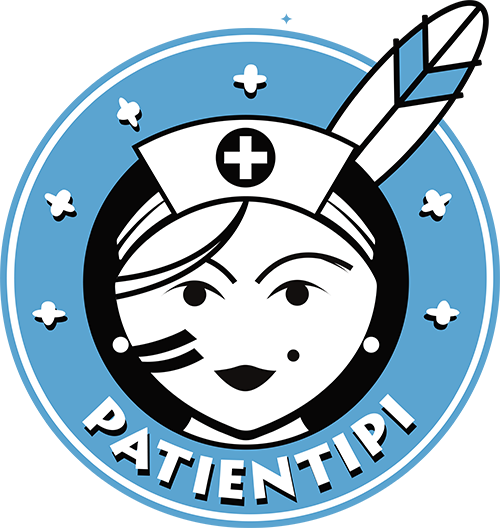Dear colleagues, you are welcoming a patient of Albanian origin.
Here is a list of useful information to know in the context of his medical care.
General Information
Distance from Paris Tirana : 1 603 km
2.8 million inhabitants / Average salary: $437 per month
Literacy rate: 98% / Life expectancy: 78 years
Spoken language : Albanian
● Considered part of the Balkans, many people in this part of the world have had to deal with political instability and the violence that can ensue.
● The fall of communism in Albania and the mass emigration of qualified medical professionals has weakened the country’s health care system.
● The lack of health care personnel is compounded by a shortage of appropriate health care equipment and infrastructure.
● Awareness and prevention are still very low in the Albanian health system, perhaps requiring an educational effort on your part.
Communication
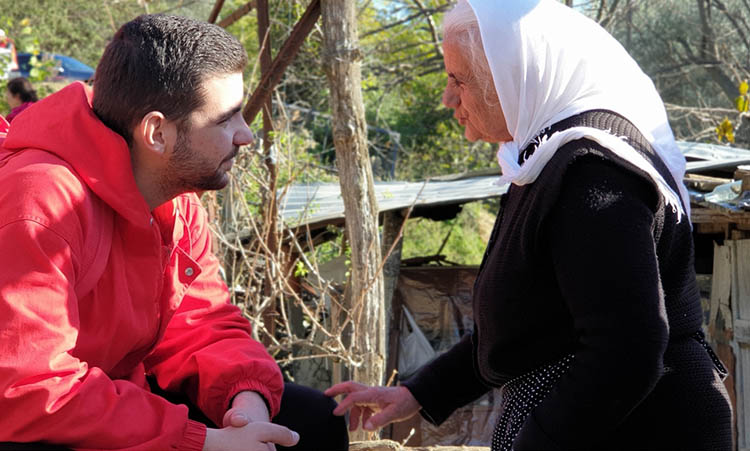
● Culturally frank and direct, Albanians may find it difficult to communicate on more “sensitive” issues such as illness.
● Decisions are often made by the highest-ranking individual in the group, which may lengthen the time needed to obtain patient consent.
● It is important for Albanians not to lose one’s temper, and to avoid any display of emotion.
● Any information deemed shameful or unfortunate about the family could be withheld.
● It may be necessary to have face-to-face conversations with one’s patient, to ensure that a full relevant family history is taken.
● For Albanians, eye contact during an exchange is important and indicates that the interviewer is a trusted person.
● Physical contact is possible between friends and acquaintances, but it is inappropriate to touch a stranger.
Beliefs, Practices & Rituals
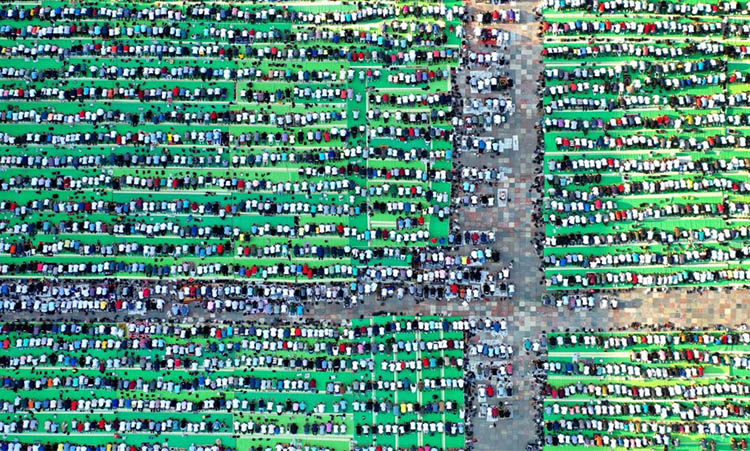
● 70% of the population is Muslim, 20% are Orthodox and 10% are Catholic.
● During the month of Ramadan, fasting is de rigueur every day from sunrise to sunset.
● During Ramadan, the taking of small amounts of blood is allowed and does not interrupt the fast.
● During this period, the ailing person is allowed to eat to regain strength if the doctor deems it necessary.
● During Ramadan, therapeutic massage is allowed and does not break the fast, unlike the comfort and well-being massage.
Dietary Habits
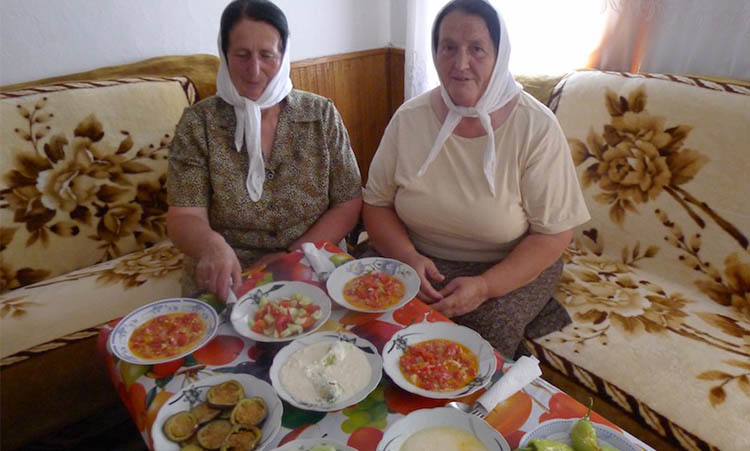
● Much of Albanian cuisine is “Mediterranean” cuisine.
● Lunch is the main meal, and most often consists of a meat-based preparation, accompanied by fresh vegetables, cheese, bread (typically a corn-based bread) and olive oil.
● Seafood is a staple dish along the coastal regions.
● Albanians enjoy rich desserts, pastries, made with nuts and syrup.
● There is no specific age to consume alcohol in Albania.
Pregnancy and maternity
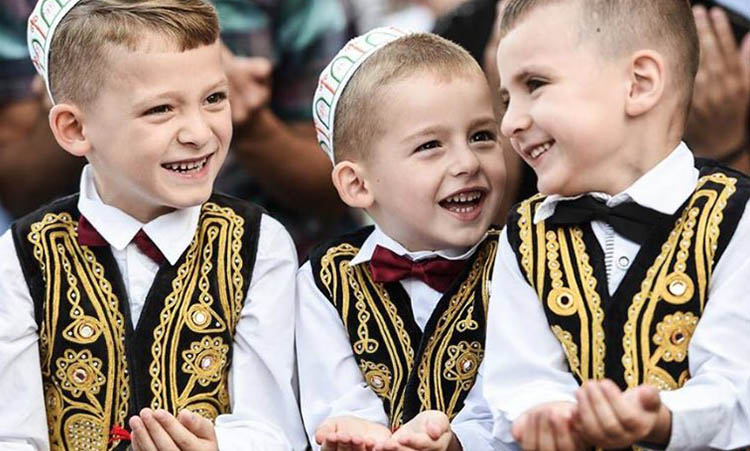
This section is currently not filled in.
Please feel free to offer your contribution, respecting the principle of neutrality and citing your sources. Thank you very much!
End-of-life care
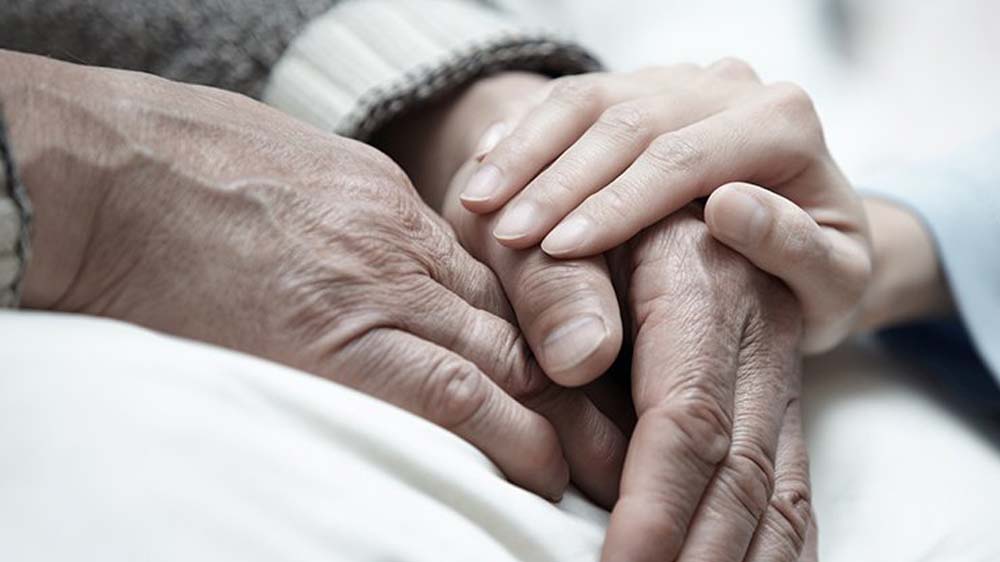
● For Muslims, transplantation is allowed if it saves a life. To harvest a patient’s organs, the consent of the deceased or the family after death is required.
Examples of Cases Encountered
This section allows us to share real-life experiences. Please feel free to share yours with the community.
This section allows us to share real life experiences. Feel free to share yours with the community.
● HEALTH SYSTEM STRENGTHENING IN ALBANIA (https://www.eda.admin.ch/dam/deza/fr/documents/aktivitaeten-projekte/projekte/Albanien_HAP_fr.pdf)
